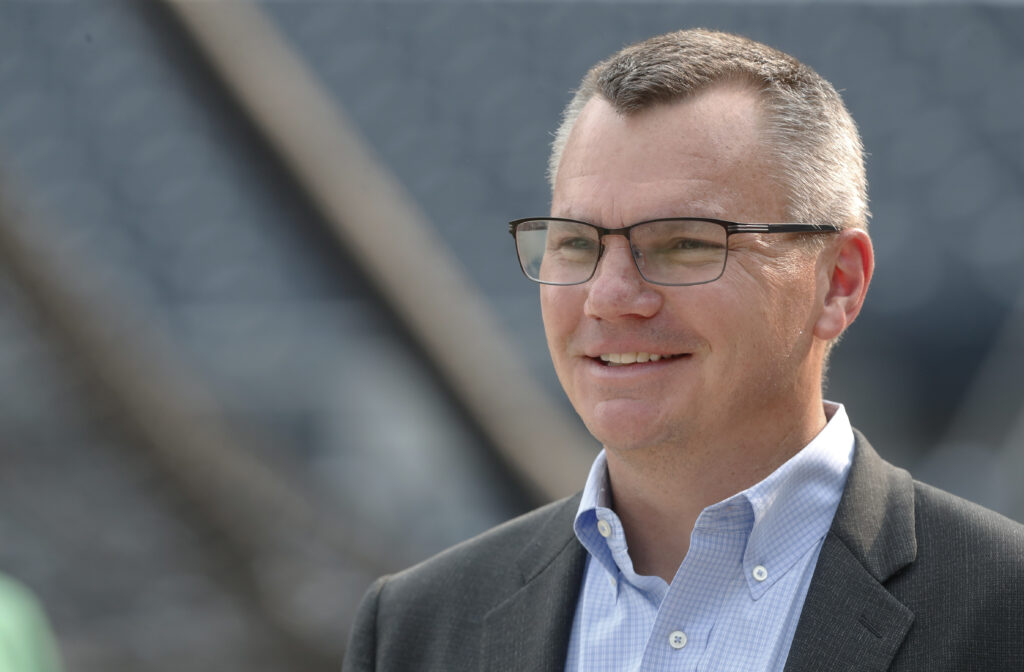Pirates GM Ben Cherington told reporters (including Alex Stumpf of MLB.com) earlier this afternoon that he has “received assurance” that he’ll remain in his current role with the club going forward. Cherington’s contract with the club runs through the 2027 campaign, as was reported last week.
The news that Cherington is remaining in the organization doesn’t register as a massive surprise after news broke earlier today that the Pirates were signing manager Don Kelly to a contract extension after he took over for Derek Shelton back in May. While Pittsburgh’s 71-91 record this year is impossible to view as anything other than a major disappointment, the team went 59-65 under Kelly. That’s still six games below .500, but the club’s .476 winning percentage under Kelly would be their best since 2018 if carried across a full season.
That stat makes it easy enough to understand why Pirates ownership would think it worthwhile to see how a full season of the partnership between Kelly and Cherington would look, but it also highlights the fact that the team’s issues run deeper than leadership in the front office or dugout. Cherington will begin his sixth year at the helm of Pittsburgh’s baseball operations department in November, and while the team hasn’t had much success during his time at the helm those struggles must be viewed through the lens of the budget he’s had to work with throughout his tenure.
RosterResource estimates the club’s payroll at $87MM this year, more or less identical to the club’s 2024 payroll. While the organization ran payrolls between $90MM and $100MM from 2015 to 2017 according to Cot’s Baseball Contracts, they began steadily dropping in 2018 before the trend line started to reverse in 2023. Even if the team’s payroll got back up to the $100MM range, however, that would still leave them as a bottom-five team in the sport by payroll (according to RosterResource). That would be a modest improvement over their current bottom-three status, but wouldn’t change the organization’s reputation as a financial bottom-feeder.
Of course, it should be noted that even getting out of that bottom-three range and back into the territory of around $100MM does not seem likely at this juncture. Noah Hiles of the Pittsburgh Post-Gazette reports that the team’s payroll isn’t expected to go up much in 2026, if it does at all, and that it might even wind up lower than it was in 2025 after attendance dropped this year relative to last season.
Fortunately, that still leaves some room to maneuver given that the team has just $31MM on the books for next year between the contracts Bryan Reynolds and Mitch Keller are currently signed to. That doesn’t include arbitration raises for players like Johan Oviedo and Joey Bart, not to mention Oneil Cruz’s first arbitration-level salary, however. It also doesn’t include the roughly $19MM the club would be spending even if the roster is filled out with players on the major league minimum. That could leave Cherington’s front office with around $25MM or less to work with as they try to build an offensive nucleus that can support Paul Skenes and the rest of the team’s young pitchers.
It’s not a lot to work with in a market where the majority of above-average regulars command eight figure salaries. With those constraints, it seems likely that Cherington will have to lean on the club’s highly-rated farm system to execute trades and bring in big league talent without having to dip into free agency in a substantial way. That’s how the club acquired its top bat of 2025, as Spencer Horwitz came to the Pirates in a trade where they surrendered right-hander Luis Ortiz and posted a strong 119 wRC+ in 108 games as the team’s everyday first baseman. Another successful trade or two like that could go a long way to creating the offense needed to get the Pirates back into playoff contention, though that of course will surely be easier said than done.

